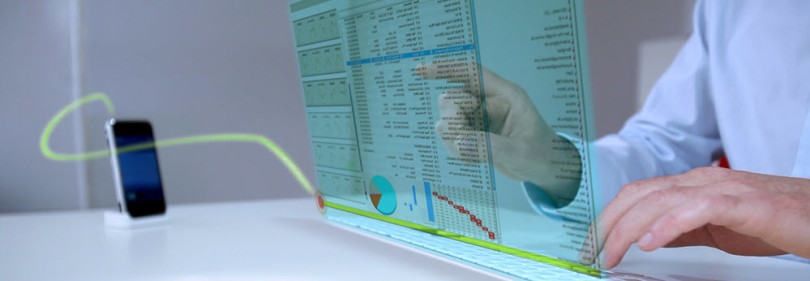Forensic accounting is a hot in the accounting world. White collar crime, hit shows like CSI, and top salaries create lots of interest in getting a forensic accounting job. Forensic accounting gives you the opportunity to combine accounting and investigative skills, and there’s always demand for skilled people in this field. To help you better understand the opportunity, here are the 4 things you need to know about forensic accounting.
#1 It’s not James Bond, but it’s still pretty cool
Before you start imagining storming crime scenes like James Bond, let’s define what the heck forensic accounting is. Forensic accountants focus on situations where litigation is involved. Forensic accountants will often be called to give expert evidence in support of a trial. Almost every major accounting firm will have a team specializing in this field to address areas like insurance claims, personal injury claims, fraud, anti-money laundering, construction, or royalty audits. Forensic accountants will either act as investigators themselves, or perform due diligence of other professionals to ensure everything was done properly.
#2 It’s as much about helping people understand as it is investigating
There are some key differences to highlight between the role of forensic accountants and internal accountants. While internal accountants often work amongst colleagues who understand accounting phrases, forensic accounts translate complex financial data into information a layperson can work with. This means forensic accountants need to have a diverse business knowledge to make the information easy for a prosecutor, judge, or jury to understand.
#3 You need a great education and some special certifications
The educational experience for forensic accountants differs from traditional accountants. On top of a bachelor’s degree in finance, or a related field, professionals often take on additional education in criminal justice or law enforcement. In addition to a CPA, forensic accountants often become a Certified Fraud Examiner (CFE) to get a leg up on their peers.
#4 The money. It’s there.
With all the additional experience and education you need to become a forensic accountant, it’s good to know the job comes with extra salary! According to the Association of Certified Fraud Examiners, forensic accountants are earning anywhere from $85K without a CFE to $104K with a CFE. There’s even a salary calculator to help you understand what you could make upon entering the field. Couple that with the job security and forensic accounting is a field that is attracting a lot of attention.
#5 Forensic accounting is great for self-employment
As we learned by talking with Drury University Accounting Professor and part-time Forensic Accountant Kelley Still, forensic accounting can be a great way to supplement your income or become self-employed. If you have the experience required and are able to build relationships in your community, you’ll quickly find high-paying contract jobs are available with forensic accounting. In this role, you’ll appear in court for a few hours and present analysis that you’ve completed. The money involved with these projects varies, but on a per-hour basis it is likely to be significantly higher than your day-to-day job.
The Kicker: How to Get Started
The key to being successful in forensic accounting is the combination of math skills, financial understanding, and broader business knowledge. If you think you have what it takes, start your forensic accounting path by checking out our college search and find a program that suits you!

